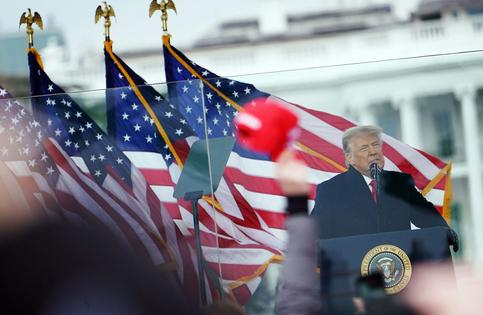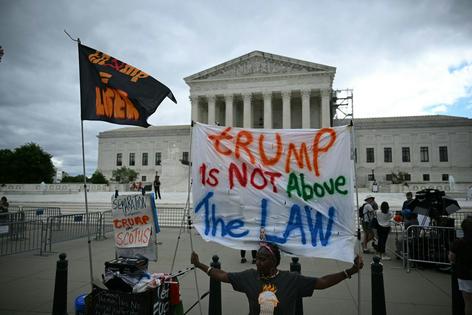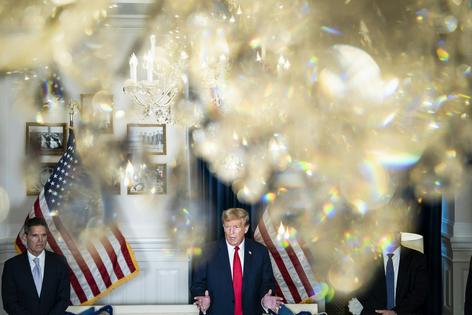Supreme Court rules that Trump had partial immunity as president, but not for unofficial acts − 4 essential reads
Published in News & Features
The U.S. Supreme Court has ruled that a president, including former President Donald Trump, “may not be prosecuted for exercising his core constitutional powers, and he is entitled, at a minimum, to a presumptive immunity from prosecution for all his official acts.”
The decision is “super nuanced,” as a law scholar explained to The Conversation shortly after the decision was announced on July 1, 2024.
While a president has total immunity for exercising “core constitutional powers,” a sitting or former president also has “presumptive immunity” for all official acts. That immunity, wrote Chief Justice John Roberts in the majority opinion, “extends to the outer perimeter of the President’s official responsibilities, covering actions so long as they are not manifestly or palpably beyond his authority.”
“There is no immunity for unofficial acts,” the court ruled.
The vote was 6-3, as the court’s three liberal justices – Elena Kagan, Sonia Sotomayor and Ketanji Brown Jackson – strongly disagreed with the majority opinion in a dissent.
“Today’s decision to grant former Presidents criminal immunity reshapes the institution of the Presidency. It makes a mockery of the principle, foundational to our Constitution and system of Government, that no man is above the law,” Sotomayor wrote in the dissenting opinion.
The federal prosecution against Trump for his actions to overturn the 2020 presidential election will now go back to lower courts to determine which of the federal charges against Trump can proceed. One outcome, though, is clear – this decision will have a major impact on presidential power and the separation of powers in government.
Until all of the decision’s nuances are parsed by constitutional law scholars, here are four stories to help readers better understand the arguments leading up to the decision and what was at stake with this case.
Trump claimed he is immune from federal prosecution for his efforts to overturn the 2020 presidential election because he was in office as president at the time.
“Trump’s argument centered on a claim … that a president cannot be subjected to legal action for official conduct or actions taken as part of the job,” wrote Claire B. Wofford, a political science scholar at the College of Charleston.
...continued












Comments